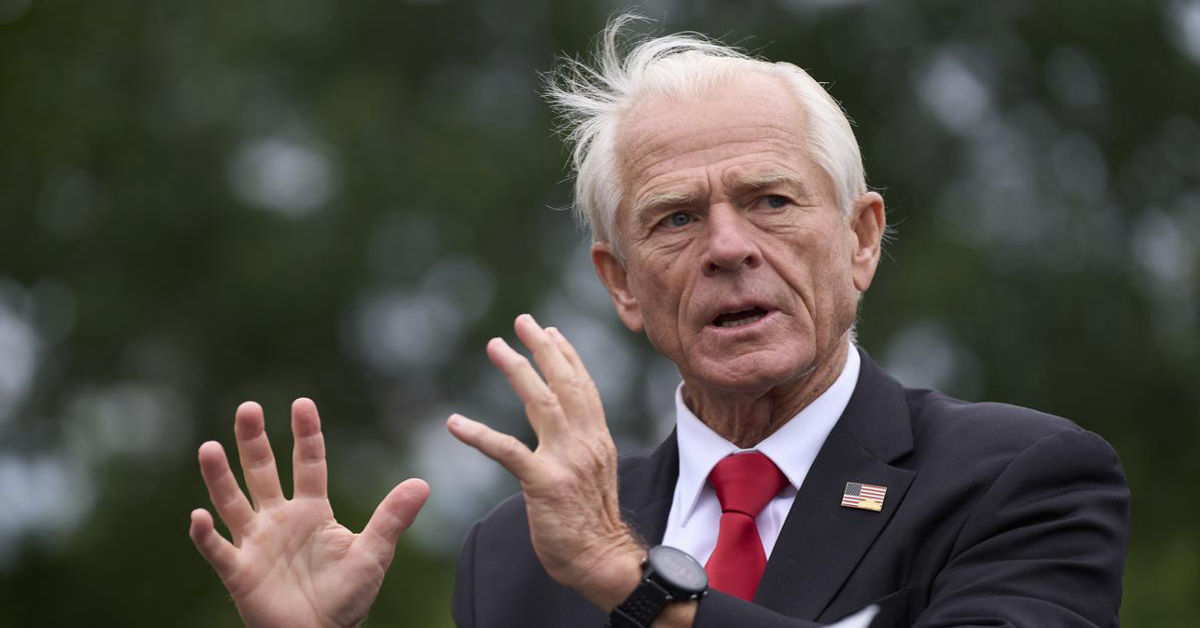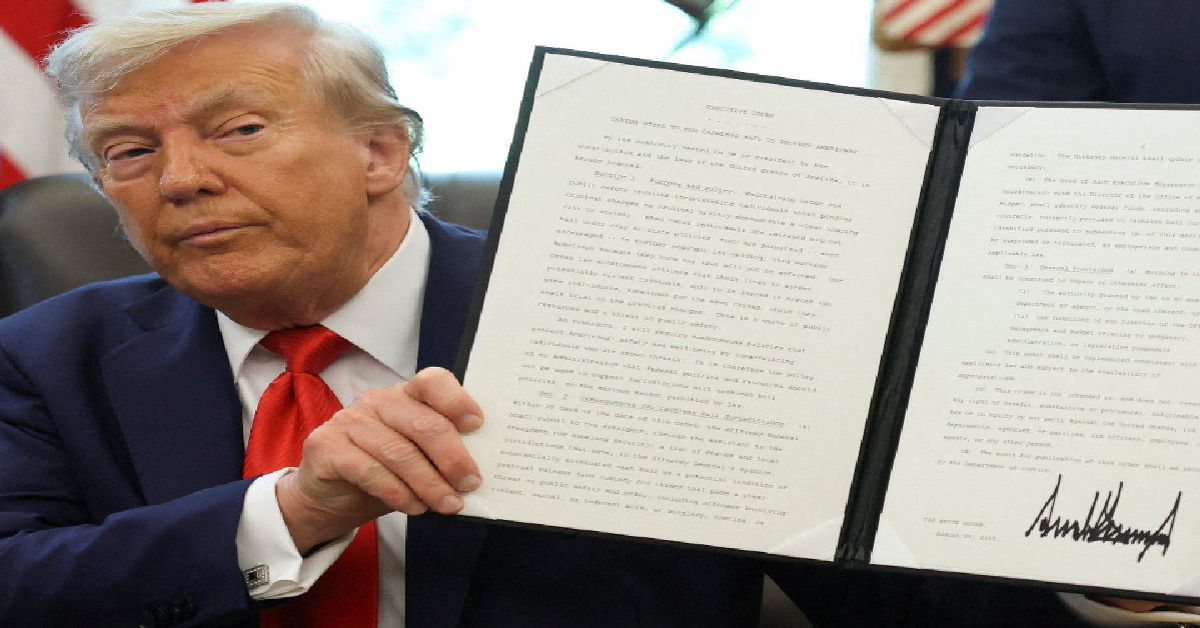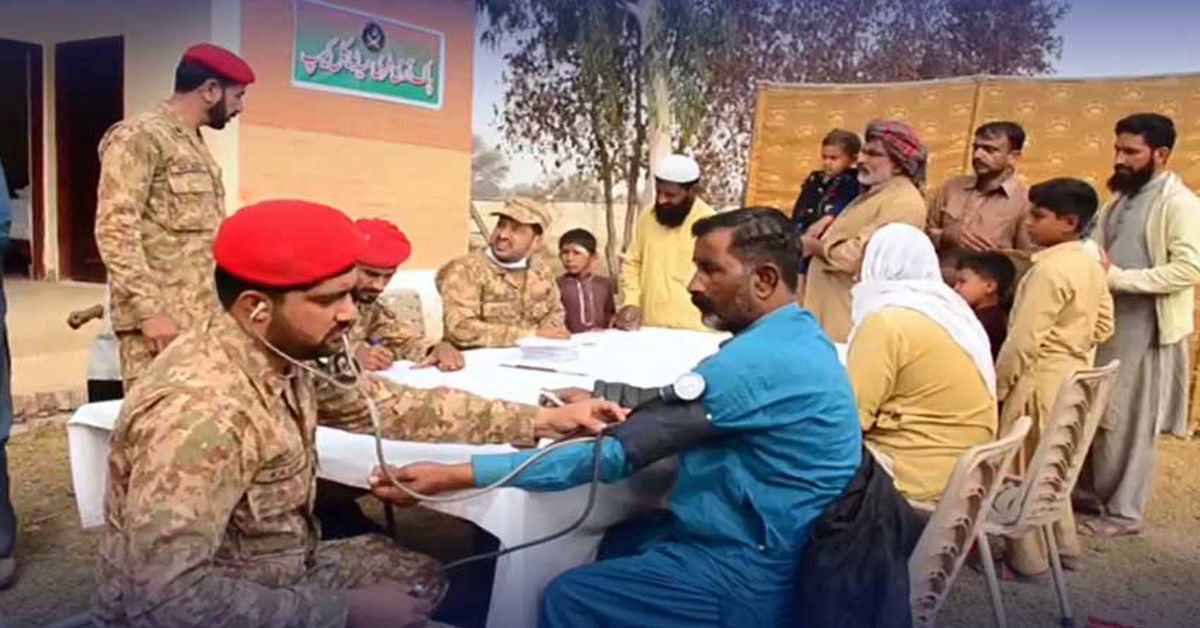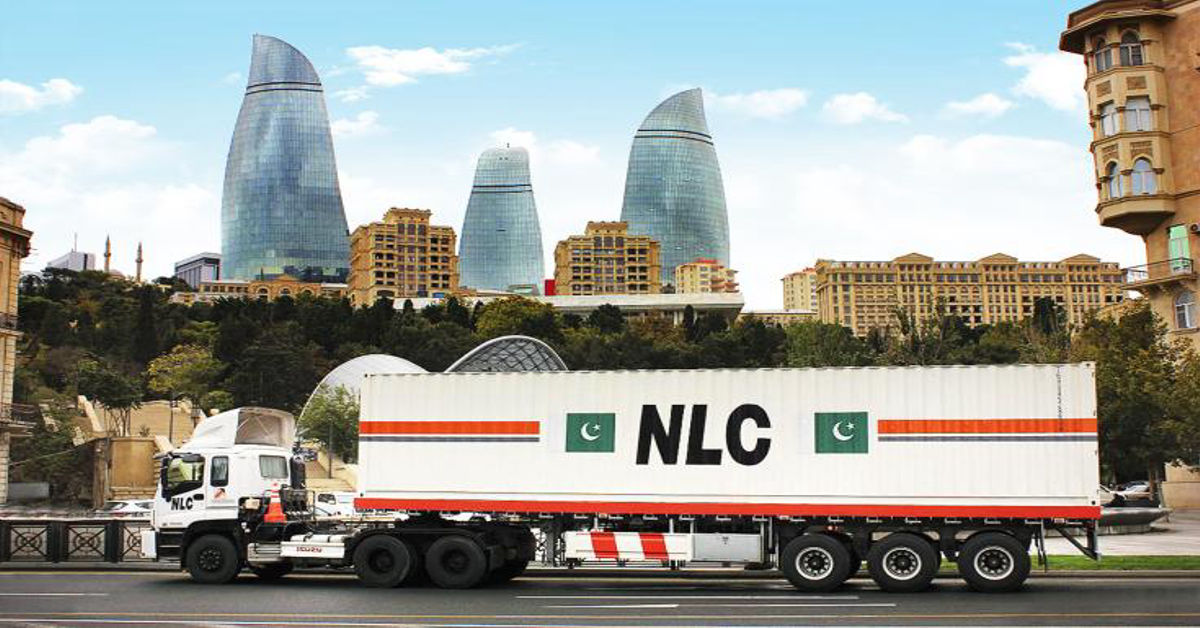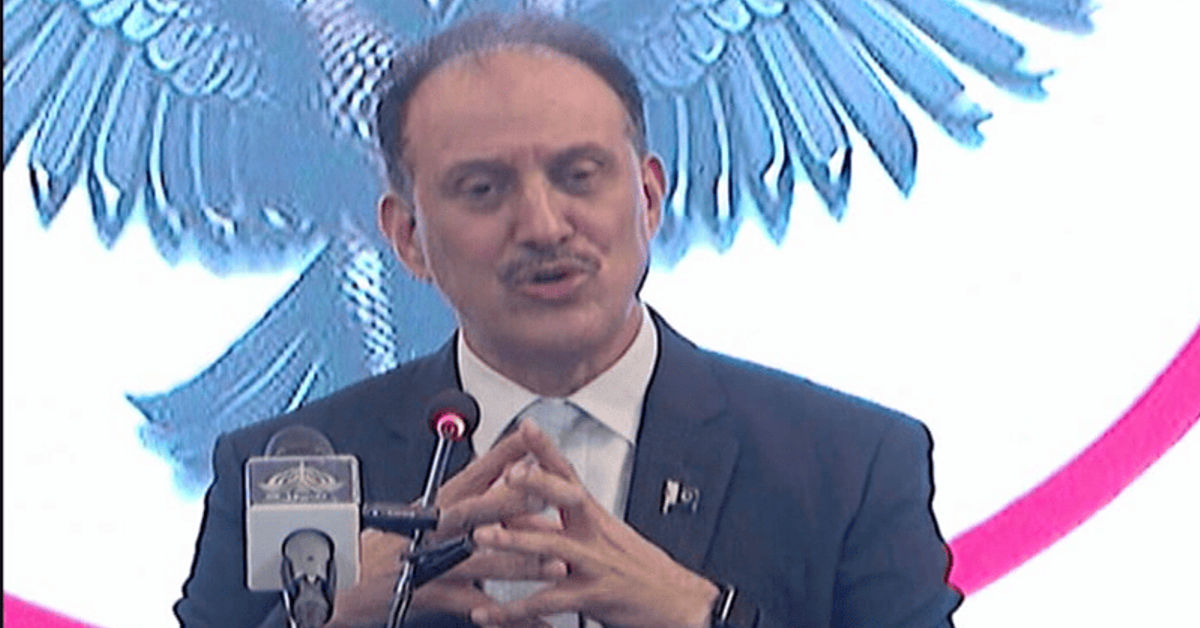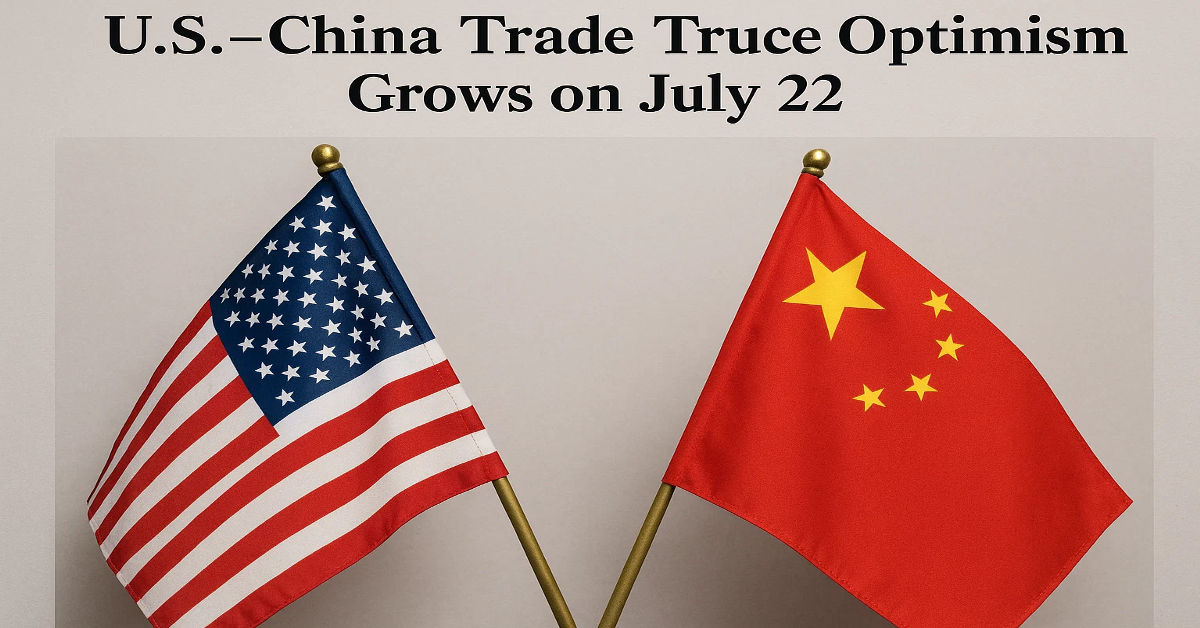
Tobacco use is still a serious public health concern in Pakistan leading to 164,000 deaths annually and with the economic costs amounting to 2.5 billion USD. These grim numbers underscore the urgency of taking critical actions to combat the tobacco epidemic. Raising the tobacco tax stands as the most effective way to reduce tobacco use and save lives.
The Health Burden of Tobacco
It is an established fact that tobacco causes preventable diseases and premature deaths in Pakistan. Both in the form of cardiovascular diseases, respiratory diseases, various types of cancers, etc. Half of the tobacco-related deaths are premature deaths, leaving families and loved ones behind. Without primary economic support and in financial ruin, health experts say. Second hand smoke is also a health hazard, especially to children and non-smoking adults, and exacerbates this public health problem.
Economic Costs of Tobacco in Pakistan
The economic burden of Smoking is not limited to health costs. The annual cost is $2.5 billion, accounting for direct medical costs, lost productivity and premature deaths. For a country on developing track like Pakistan such economic losses are detrimental for the progress of poverty alleviation and economic stability. If those resources were devoted to education, health and infrastructure, it would do wonders for national well-being.
Tobacco Tax: A Proven Measure
Raising taxes on tobacco is among the most successful measures to reduce consumption. Increased taxes don’t just deter smoking. They offer the government and society-then in theory the victims of smoking-above-and-beyond compensation. This sin tax does right by doing good. Studies report that a 10% rise in tobacco prices can reduce demand by up to four per cent in high-income countries. And up to an even greater proportion in low- and middle-income countries such as Pakistan. Pakistan can save millions of lives by raising tobacco taxes substantially.
ADVANTAGES OF INCREASING TOBACCO TAXES
The virtues of higher taxes on tobacco are manifold. Firstly, they decrease the affordability of tobacco products, especially among youth and low-income groups that are most price sensitive. Secondly, the new income stream can be redirected to public health funding, smoking cessation programs and education. Decreased tobacco use can result in decreased medical spending and increased productivity, which also results in long term economic benefit.
International Success Stories
Nations such as Australia, Thailand and the Philippines have effectively reduced tobacco use with strict tax policies. For example, regular tobacco tax increases in Australia have led to a substantial reduction in the prevalence of smoking. With the revenue used to fund public health and anti-smoking initiatives. These success stories provide compelling evidence for Pakistan to emulate and benefit from similar actions.
Challenges in Implementation
Despite clear evidence of its effectiveness, subsequent rises in tobacco taxes in Pakistan have been fought by the tobacco industry and dogged by fears of illicit trade. The industry frequently contends increased tax will only encourage consumers to switch to smuggled goods. Therefore be counter-productive when it comes to raising money. But it is proven that the strong measures of enforcement together with the necessary tax reforms can effectively combat. Public education campaigns can also gain support for such tax increases.
The Role of Public Awareness
Increasing the awareness regarding the detrimental effect of tobacco use is important in convincing the public of the need to introduce higher taxes. Educational programs that emphasize the health hazards and economic costs of smoking, and the health returns of quitting, can alter this perception. Involving media, civil society and healthcare workers in advocacy can help to get the message across and correct the misinformation spread by the tobacco industry.
Policy Recommendations
A comprehensive approach is needed by Pakistan to combat the tobacco epidemic. These include raising tobacco tax substantially, better enforcement against illicit trade and some percentage of tobacco tax be set aside for funding health and education. Support from international organizations, such as the WHO, can offer technical guidance and best practices for policy adoption.
Conclusion
Pakistan can’t afford to ignore the body blow that tobacco strikes against its people and its economy. The country should increase taxes on tobacco products in a big way to reduce consumption, save lives and direct resources to vital public services. Time is of the essence, and while we wait, thousands of lives are lost and billions more are lost in economic damages. With political will and public demand, Pakistan can overcome the tobacco epidemic and set the stage for healthier and more prosperous years ahead.






